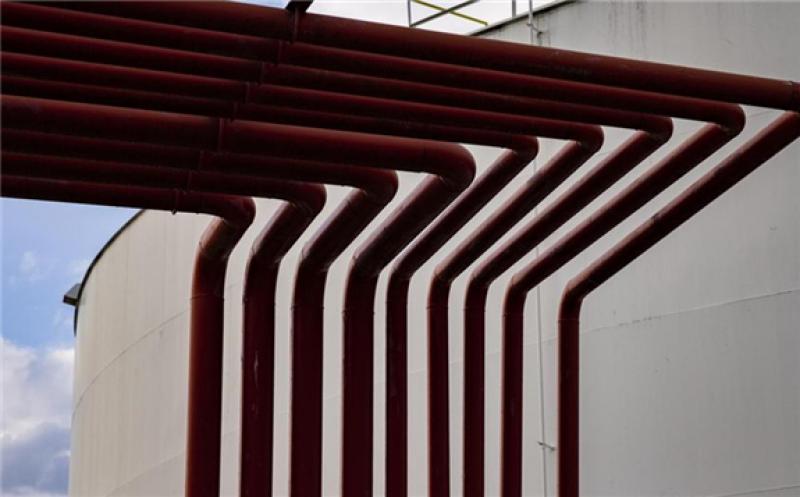Global oil markets are set for a recalibration, with millions of barrels of Iranian crude expected to return to markets if Washington and Tehran agree to restore the Iranian nuclear deal from which the Trump government withdrew in 2018.

Although Brent and West Texas Intermediate rounded off the week on a strong note, prices were lower last week amid expectations of the potential return of Iranian oil supplies.
International benchmark Brent settled 2.04 per cent higher on Friday at $66.44 a barrel but was 3.3 per cent lower over the course of the week.
West Texas Intermediate, which tracks US crude grades, closed 2.65 per cent higher at $63.58 a barrel on Friday. However, this was 2.7 per cent lower than the previous week’s close.
However, even if a deal were to struck and sanctions lifted, allowing Iranian oil back on to the market, the overall outlook for higher commodity prices remains unchanged, said Mr Hansen.
Projections by Facts Global Energy in London suggest that Iran’s production has halved to below 1.9 million barrels per day, from 3.8 million bpd before sanctions were reimposed in 2018.
The country’s exports, which averaged 2 million bpd before US sanctions, now stand at about 200,000 bpd.
“Should the US and Iran manage to come to a diplomatic agreement, we would expect Iran’s oil production to be able to rebound in relative short order,” said Edward Bell, senior director of market economics at Emirates NBD, last week.
Until recently, the market had not priced in the prospective return of Iranian barrels “in a meaningful way”, he said.
A possible return of Iranian barrels to the markets comes amid a gradual increase in supply by Opec+, the group led by Saudi Arabia and Russia.
Opec+ plans to incrementally add 2 million bpd by July despite a surge in Covid-19 infections in several markets, particularly India.
Saudi Arabia, which supported the group’s restrictions by volunteering to withdraw 1 million bpd until April, began to phase out the cuts this month.
Opec+ came together this time last year to enforce some of the steepest production cuts in history, drawing back 9.7 million bpd from the markets in response to a historic drop in demand caused by the coronavirus-induced slowdown.
The group has since been gradually phasing out cuts and aims to bring back more supply in line with growing demand. The next meeting to discuss current supply levels is scheduled for the end of the month.
Demand for oil is also supported by global economic growth. The International Monetary Fund is forecasting an increase in global gross domestic product of 6 per cent this year, after it shrunk by 3.3 per cent last year.
Oil prices have gained about 30 per cent so far this year, supported by a slow return to normality in many markets.
Vaccination programmes in Organisation for Economic Co-operation and Development countries have improved mobility and demand for fuel products.